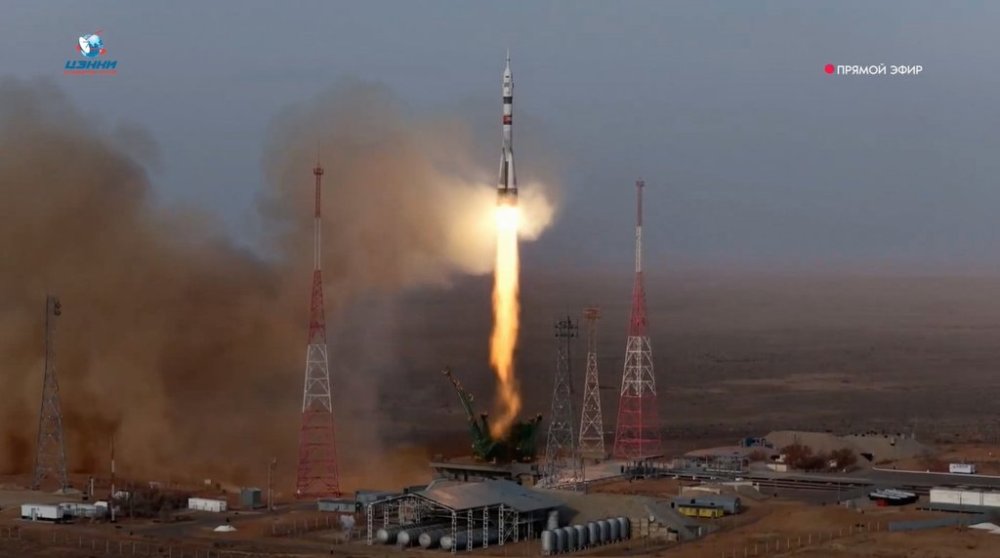US-Russian crew of 3 blasts off to the International Space Station in a Russian Soyuz spacecraft
Advertisement
Read this article for free:
or
Already have an account? Log in here »
We need your support!
Local journalism needs your support!
As we navigate through unprecedented times, our journalists are working harder than ever to bring you the latest local updates to keep you safe and informed.
Now, more than ever, we need your support.
Starting at $15.99 plus taxes every four weeks you can access your Brandon Sun online and full access to all content as it appears on our website.
Subscribe Nowor call circulation directly at (204) 727-0527.
Your pledge helps to ensure we provide the news that matters most to your community!
To continue reading, please subscribe:
Add Brandon Sun access to your Free Press subscription for only an additional
$1 for the first 4 weeks*
*Your next subscription payment will increase by $1.00 and you will be charged $20.00 plus GST for four weeks. After four weeks, your payment will increase to $24.00 plus GST every four weeks.
Read unlimited articles for free today:
or
Already have an account? Log in here »
MOSCOW (AP) — A U.S.-Russian crew of three began a mission to the International Space Station aboard a Russian spacecraft following a succesful launch Thursday.
A Soyuz booster rocket lifted off at 2:27 p.m. (9:27 a.m. GMT) from the Russia-leased Baikonur launch facility in Kazakhstan to put the Soyuz MS-28 into orbit.
The spacecraft carried NASA astronaut Chris Williams and two Russian crewmates, Sergei Mikaev and Sergei Kud-Sverchkov. They were scheduled to dock at the station about three hours after liftoff.

All three are expected to spend about eight months at the orbiting outpost. NASA said this is the first spaceflight for Williams, a physicist, and Mikaev, a military pilot. This is the second flight for Kud-Sverchkov.
At the International Space Station, the trio will join NASA astronauts Mike Fincke, Zena Cardman and Jonny Kim, Japan Aerospace Exploration Agency’s astronaut Kimiya Yui and Russian cosmonauts Sergei Ryzhikov, Alexei Zubritsky and Oleg Platonov.
Williams will conduct scientific research and technology demonstrations at the orbiting outpost aimed at advancing human space exploration and benefiting life on Earth, NASA said.
